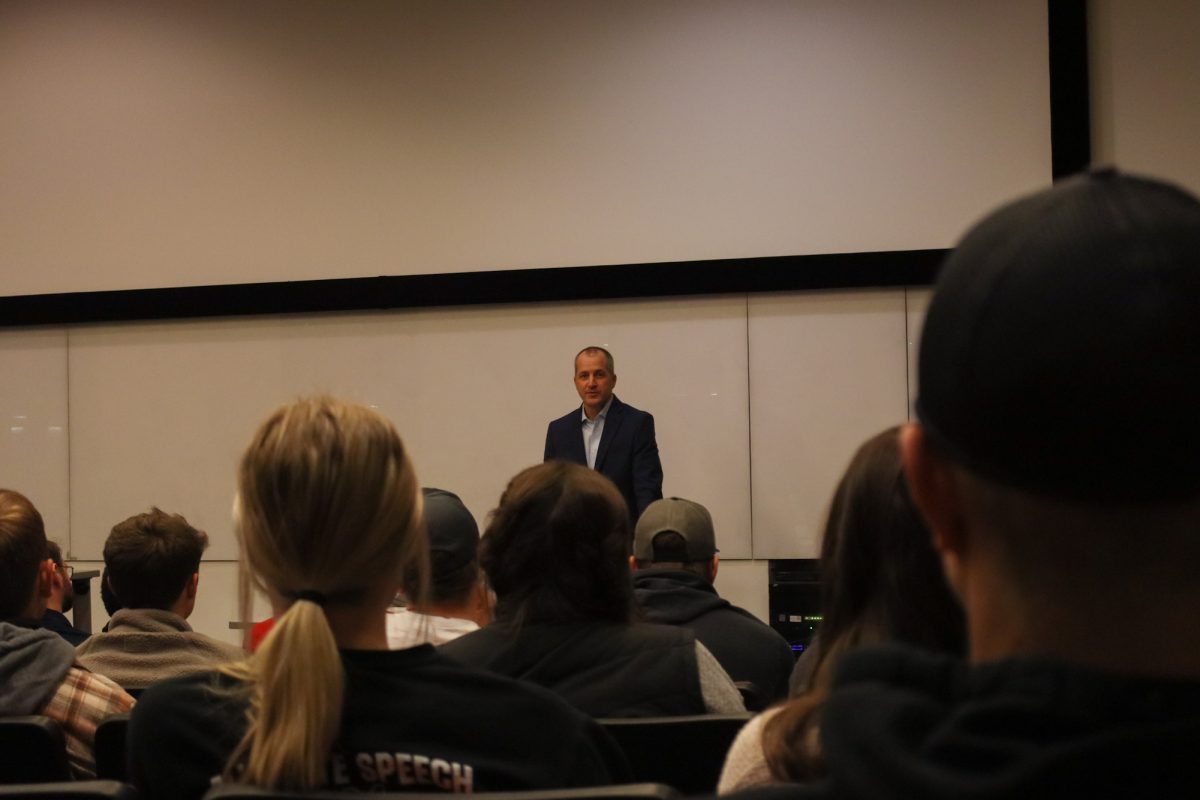Editorial: WikiLeaks can be more effective by using discretion, censoring itself
September 5, 2011
The fiasco with WikiLeaks back in November 2010 led to an increased global discussion about open government. More current news stories regarding WikiLeaks have expressed strong disapproval of the most recent activity of WikiLeaks — the release of 251,287 U.S. cables online. The bad part? All of the cables leaked were uncensored.
The newspapers that had previously collaborated with WikiLeaks managing the publication of censored information have since decried the leak of new cables. While one can argue either way about the transparency government owes to its citizens, there are clear dangers when organizations such as WikiLeaks allow exceptionally sensitive information to be accessed by anyone with a computer.
WikiLeaks deals in information; it deals in secrets. With great power, comes great responsibility.
WikiLeaks may hold that it has a responsibility to provide the public with information regarding the operations of the government. But WikiLeaks, and every other organization like it, also has the responsibility and obligation to protect the anonymity of those that might come to harm if personal information is leaked.
Some leaked cables contain information regarding victims of sexual assaults, details of alleged war crimes, potentially identifying details about informants, and thousands of other cables with sensitive material.
For an operation like WikiLeaks to be effective, it must take care to protect the delicate relationship it holds with its informants as well as those that seek to publicize the information it gathers. Those who desire to anonymously provide information to WikiLeaks often do so with the understanding any personal telling details be sufficiently removed to protect individuals involved from backlash that could cause injury.
News publications that have voiced support for the endeavors of WikiLeaks also have done so with the understanding that some information will need to be censored and that WikiLeaks will maintain a journalistic integrity. When this trust is broken, when uncensored information surfaces through an insecure system, the relationship crumbles. Informants may be more hesitant to come forward with information, and news sources are far less likely to support WikiLeaks.
Here at the Iowa State Daily, we tend to oppose censorship. Knowledge and information are not something to be feared. When information is published that could lead to the harming of individuals or the jeopardizing of crucial operations that also could lead to harm, however, those responsible for safeguarding that information should take that task seriously.
A WikiLeaks that is self-censoring will do much more good than a WikiLeaks that publishes anything and everything it obtains. Information that has been deemed “secret” must be treated carefully and cautiously. Hopefully, in the future, WikiLeaks will take greater care to ensure the information it releases is free of identifying phone numbers, locations or source names.






